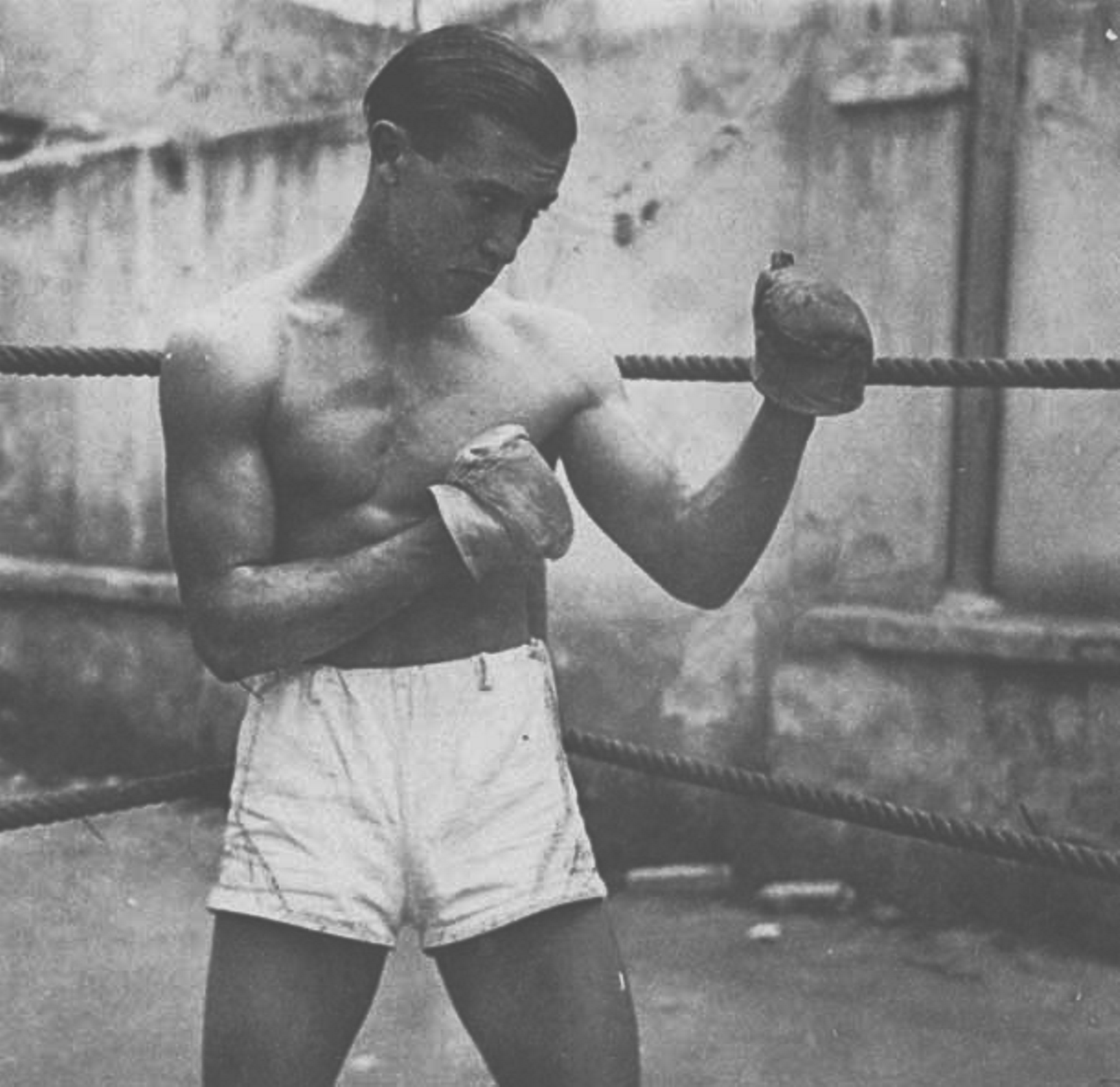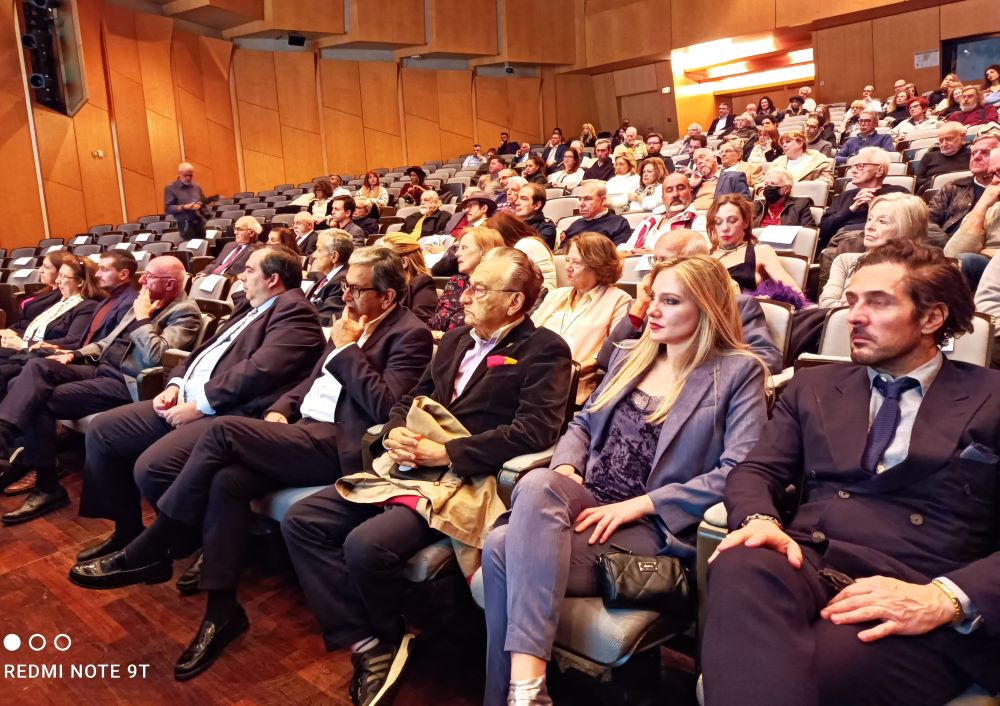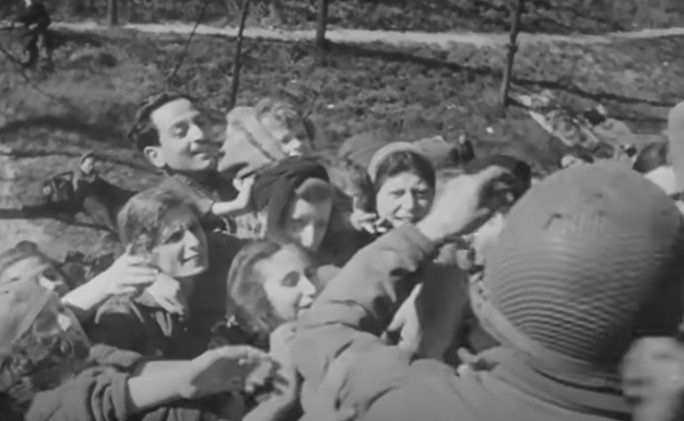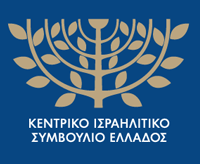- Informations
How important is the constant reference to the past and the events of the Holocaust? How do we preserve its historical memory but also how do we pass it on from generation to generation? Questions that seem trivial, but even though they have been asked many times, they have not lost their topicality, especially in the modern context of multiple geopolitical crises.
The Holocaust marked the 20th century and the fate of the Jews of Europe as a horrific genocide, a collective trauma and a landmark, which we recall as an example to be avoided in the long history of mankind. Today, 79 years after the end of the Second World War, historical research, museum collections, books, theatrical performances and films, images and narratives bear witness to the many faces of Nazism.
More: The Holocaust must never be forgotten - EME director Janet Battinou and the historian...
- Informations
At the beginning of 1943, the cordon began to tighten dangerously for the Jews of Thessaloniki. The Nazis had already forced them to wear the Star of David on their chests and remain in their ghettos, confiscating their shops and forbidding them to sell their personal possessions. When the first trains started to leave for Auschwitz, Poland, it became clear that innocent people would be led to their deaths, just because of their particular religion.
In this tragic situation, a Jew from Thessaloniki, Maurice Leon, realized in time the great evil that was coming. He had a soap-making workshop in the area of Vardari and brought oil from the settlement of Glossa, on the island of Skopelos, in order to make soaps.

- Informations
ERA SPORT honors the International Holocaust Remembrance Day with two sports radio documentaries of ERT journalist Thomas Sideris that will be broadcast on January 21 and 28, 2024.
In particular, on January 21, from 12:00 to 13:00 the sports documentary will be broadcast"The last match in Theresienstadt", while on January 28, at the same time, the sports documentary will be broadcast "The Boxers of Auschwitz".

- Informations
On 28.11.2023, the premiere of the historical documentary MY PEOPLE, by the actress and director Anna Rezan, took place at the Athens Concert Hall, under the auspices of the Hellenic Parliament, in the presence of parliamentarians, people of the spirit and culture, journalists and members of the Greek Jewish Community .

- Informations
More than 6 million Jews were killed by the Nazis during World War II. For the first time, however, a "miracle" that occurred before its end is also known. It's about video which recorded the liberation of 2.500 Jews by the Nazis as they were en route by train from Bergen-Belsen to the Theresienstadt concentration camps on April 13, 1945.
The video is brought to the public for the first time by an American history professor. The train stopped near the village of Farsleben due to fighting between the US and Germany. So when the locomotive stopped, about 80 miles west of Berlin, and an American jeep and a tank appeared, the Nazi officers abandoned their posts and fled, leaving the 2.500 prisoners behind.

